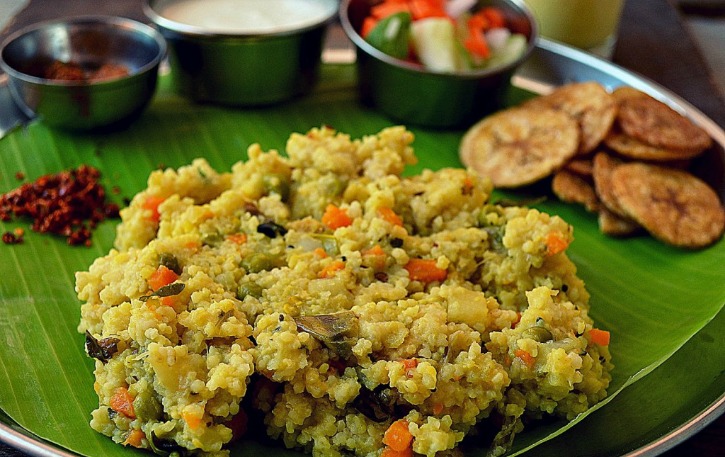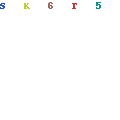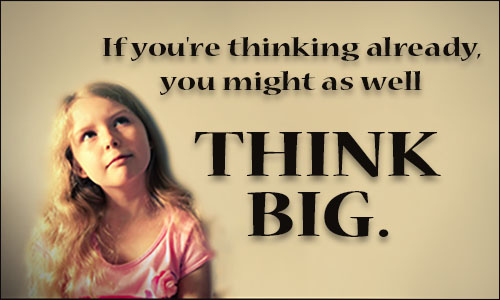KHICHDI...
Hello everyone!!!
Today I am going to talk about a very interesting topic! I am sure that most of you must have not thought about Khichdi in the manner that you would be thinking today...The concept that I am going to apply in today's blog is called "SOCIOLOGICAL IMAGINATION".
Before bombarding you with the insights of Khichdi, let me brief you about what sociological imagination exactly is...
The term "sociological imagination" was coined by the American sociologist C. Wright Mills in 1959. He wished to describe the type of insight offered by the discipline of Sociology.
:max_bytes(150000):strip_icc()/C-Wright-Mills-Archive-Photos-Getty-Images-58b87fdf5f9b58af5c28e157.jpg) |
| C. Wright Mills
The sociological imagination is the ability to see things socially and how they interact and influence each other.
|
To cut it short, sociological imagination basically refers to the way of thinking in which we relate a given topic with the aspects of our culture or society. We choose a topic which appears to be quite common and general but when we begin to ponder over it and relate it to the society, we find that the same topic becomes complex. It appears as if it is somehow related to all the people in the society.
Let me explain you this with the help of an example:
Khichdi is
an Indian dish made by the combination of rice and lentils (dal).
 |
| INGREDIENTS |
It has
several variations and forms. It is consumed by almost all the Indians ranging
from infants to the oldies.
It has
different variations as it is a dish that is given to the infants, it is also
given to the old people, it is given to the medically ill people or those who
have just undergone some kind of surgery, also people who have tooth ache or
some dental problems prefer to consume Khichdi. Thus, it is a dish that is
re-uniting people from different cultural and social backgrounds.
 |
| Infant enjoying Khichdi!!! |
The
medically ill and the oldies eat khichdi with a very heavy heart as they are
quite reluctant to eat that, whereas those who have a fast, eat it with immense
joy.
There are
also some pre-decided types of Khichdi’s which people consume at different time
periods and occasions. For example, moong-dal khichdi is consumed on a daily
basis, during fast people tend to consume sabut-dana khichdi, likewise during
winters bajra khichdi is preferred. Thus, there are different types of
khichdi’s during different seasons and also during the festivities.

Moong-Dal Khichdi

 |
| Gujrati Khichdi |
 |
| Sabut-dana Khichdi |
As a matter
of fact, khichdi is not only a dish but is also used in some Hindi proverbs
like: “Birbal ki khichdi”, “khichdi pakana”, etc...

Thus,
khichdi is a socially and culturally diverse dish and has different meanings in
different contexts.
I am sure that by now you must have realised that how something as common and as general as "Khichdi" can be so complex and can be related to every individual in the society.
This was just one example of Social Imagination. There can be many more illustrations that we can see around us just by paying a little more attention.


Through this blog, I would like to leave you with a thought! Just ponder upon this thought that how everything can be related to all of us and how almost everything can be associated with us.

A little bit of attention and a little bit of patience combined with broad thinking would help you find such examples in your everyday lives!
I hope this blog was informative and interesting!!!
SAKSHI KAUSHIK
Feel free to contact me in the comment section below or on my email:
vidyakiranfoundation@gmail.com
mcssakshi@gmail.com
Do leave your comments and suggestions in the comment section below. Share your stories of sociological imagination!
Find me on my YouTube Channel
https://youtu.be/aTLAyGBUURs
Sakshi Kaushik
Find me on my YouTube Channel
https://youtu.be/aTLAyGBUURs
Sakshi Kaushik
Comments
Post a Comment